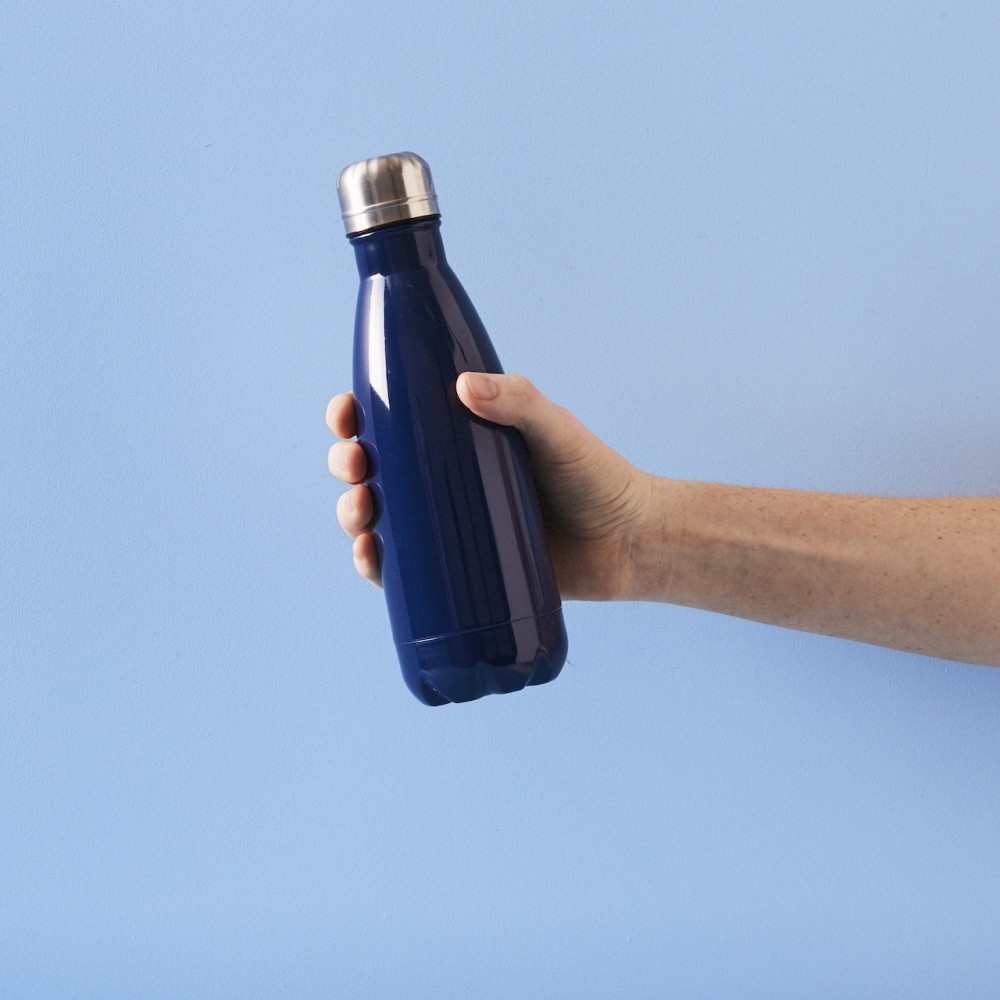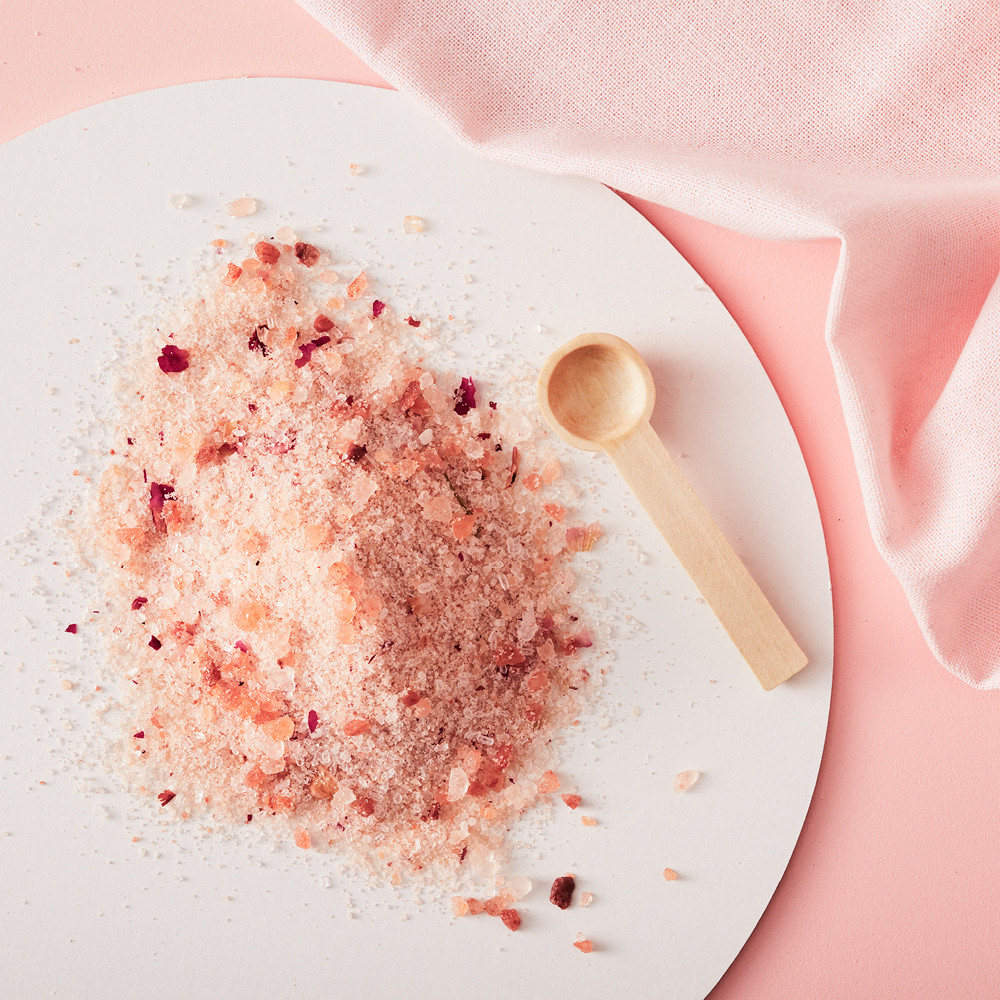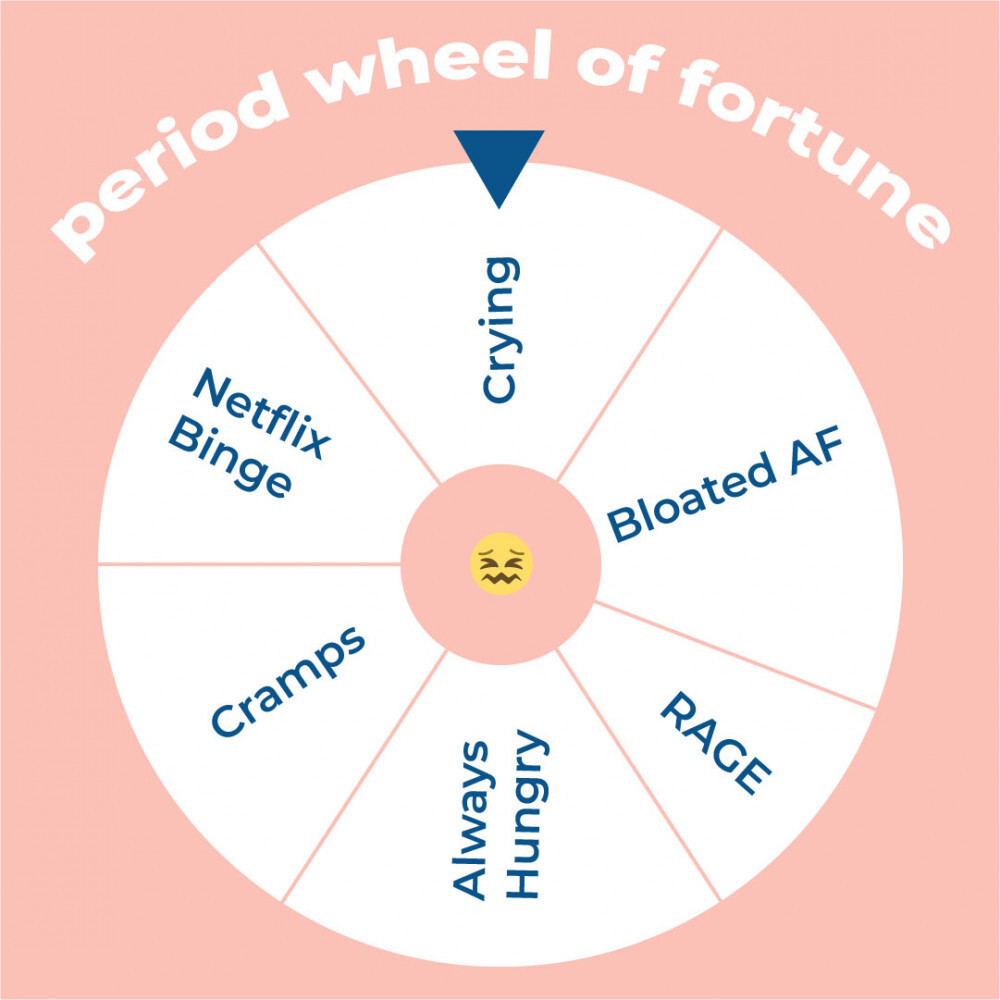Between the painful cramps, the pounding headaches and the cravings that make you want to eat literally everything in sight, periods aren’t exactly a tonne of fun. But arming yourself with know-how about why your body is doing what it’s doing can be the first step to finding a fix. That’s why we put on our researching caps to figure out exactly what’s happening when you get hit with cramps, headaches and a bloated tum in the days before and during your period.
What’s with the cramps?
Think of your uterus as one big muscle that does lot of flexing during your period. Over the course of your cycle, lining builds up in your uterus and when it’s time to expel that lining (during your period), your uterus contracts to help control the bleeding. Your bod also releases a natural chemical called prostaglandins (hope we never get that word in a spelling bee!), which causes contractions of the uterus, bowel and blood vessels. Higher levels of prostaglandins can lead to increased pain and heaviness in the pelvic area, lower back and stomach. Most of the time cramps are uncomfortable, inconvenient but NBD – however if you find they are affecting your daily functioning and over-the-counter meds don’t help, you should chat to a doctor.
Why do you get headaches?
If your head starts pounding like clockwork when it’s that time of the month, you’re not alone. Menstrual migraines (or other kinds of headaches that come on during or before your period) are actually pretty common and occur as a result of hormone changes in your body. Just before your period begins, your estrogen levels drop sharply, which raises your risk of a migraine. One study found that a migraine was almost twice as likely to occur in the two days leading up to the first day of a period. This may be because estrogen is a hormone that helps activate parts of the brain that regulate pain perception – so less estrogen means less resources to mute the pain. While you might not be able to nix the pain of menstrual migraines completely, you can keep a diary to track your headaches and work with your doctor to put a prevention protocol in place.
Enough with the bloating already...
When your period arrives and you hear those elasticised pants calling your name, it’s not actually your uterus but your digestive system that’s causing your tummy to bloat. The same uterine contractions that cause your cramps can actually hinder your bowel movements by slowing down how fast food moves through the digestive system. It’s why your tum might feel swollen and you may even experience constipation. The big bloat double whammy is that hormonal changes (specifically, a drop in progesterone) can cause the body to retain more water and salt – something that’s certainly not aided by the fact many women also find themselves craving sugary or salty snacks at this stage of their cycle, both of which can add to water retention and bloating.





